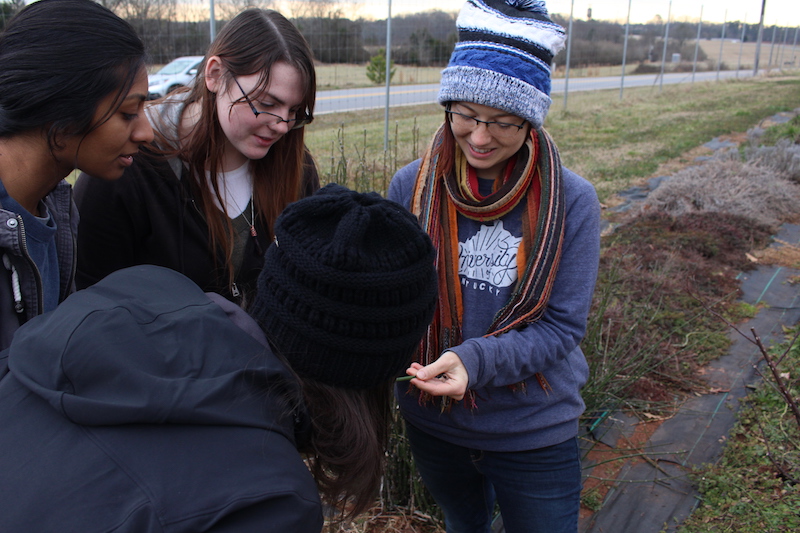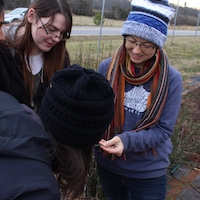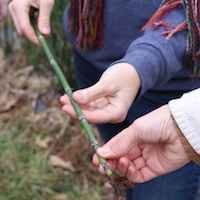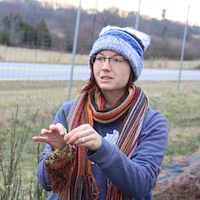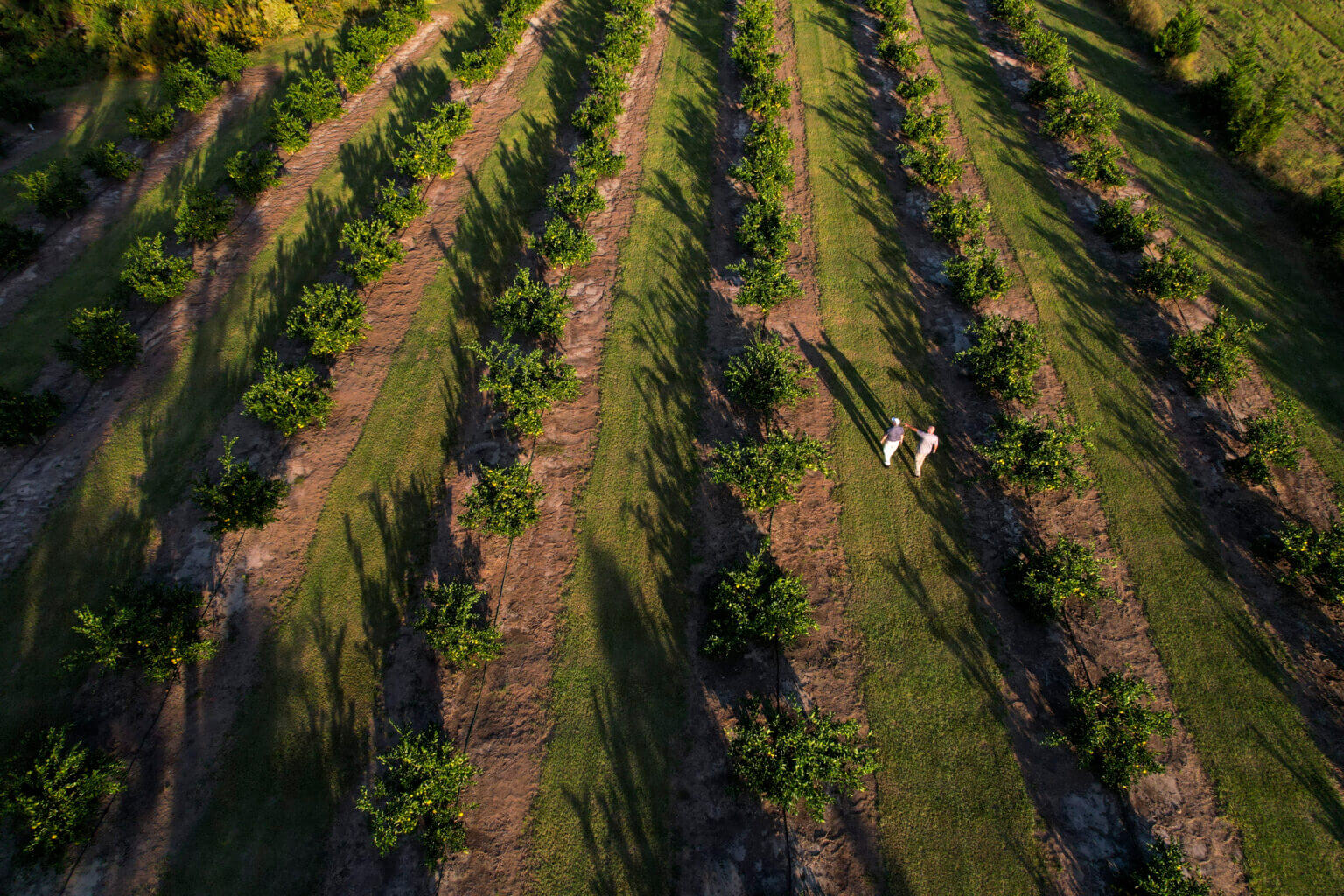On a cool, foggy morning in February, students and volunteers work together to tend the UGArden medicinal herb garden. While it’s grown over the last seven years, the garden is just a few rows of a field at the edge of the University of Georgia’s student-run farm, UGArden. But it’s become an integral part of UGArden and a refuge for students who want to learn more about the benefits of medicinal plants and escape from the stresses of class and work.
The garden is run by herbalist Noelle Fuller, who received her bachelor’s degree in nutrition science and her master’s degree in horticulture, both from UGA.
The garden serves as a growing and harvesting location for many herbal remedies and teas that are sold on the property and at the UGA Tate Student Center marketplace. Proceeds go back to UGArden, which is meant to be a teaching tool and a retreat from the stress of school for students.
In December, UGArden launched a line of herbal teas ranging from Immuni-Tea, which supports the immune system, to Nourished Heart Tea, with calming and soothing properties. Besides tea, UGArden students and volunteers use the garden’s herbs to produce herbal salve, lavender oil and lavender herbal soap.
As a graduate student, Fuller joined her love of nutrition and horticulture by studying holy basil, an herb known to have stress-reducing properties.
Fuller’s scientific approach to herbalism gives her insights that she’s eager to share with her interns and volunteers, many of whom are learning about herbs for the first time.
“Really why we’re here is for education and empowerment,” Fuller said.
While sales help to support the garden’s expenses, the volunteers who tend to the garden every week really keep it going.
Each week, Fuller and four herb garden interns work in the garden from 8-11 a.m. on Tuesdays and Thursdays. Zoe Sabatini, a 20-year-old undergraduate psychology student, joined UGArden as a volunteer and found out about the herb garden internship, which piqued her interest.
“It’s so nice to have time during the day,” Sabatini said. “Even though you’re doing work, it’s so calming and freeing.”
This time of year, Fuller and her interns propagate new plants by cutting pieces from existing plants in the ground and putting them in water to create new plants.
They’ll sell the baby plants at the herb garden’s spring plant sale this spring, where the public can learn more about medicinal gardening and purchase some of their own medicinal plants.
Fuller’s team also makes videos of the work they do in the garden to post to their YouTube channel in an attempt to keep the public engaged and involved in their program.
Ultimately, she sees her job as empowering people — her interns and others — to take care of themselves by incorporating medicinal herbs into their lives.
“It’s great to have hands-on education, so to me, that’s why I’m here and that’s why I love what I do,” Fuller said.
For more information about the program and sales of the garden’s products, visit ugarden.uga.edu/medicinal-teas/. Follow UGArden on Facebook to stay updated about events, like the medicinal garden's spring plant sale. Follow Noelle on YouTube at www.youtube.com/channel/UC0rufIE89uMT6r_2fyjIKMQ to see her videos of working in the herb garden.
To learn more about herbs and how to cultivate them, UGArden offers workshops where you can get hands-on experience. Visit squareup.com/store/ugarden to learn more.

